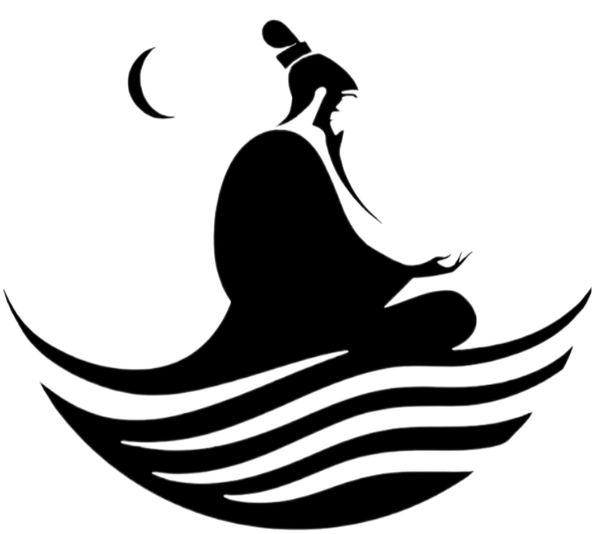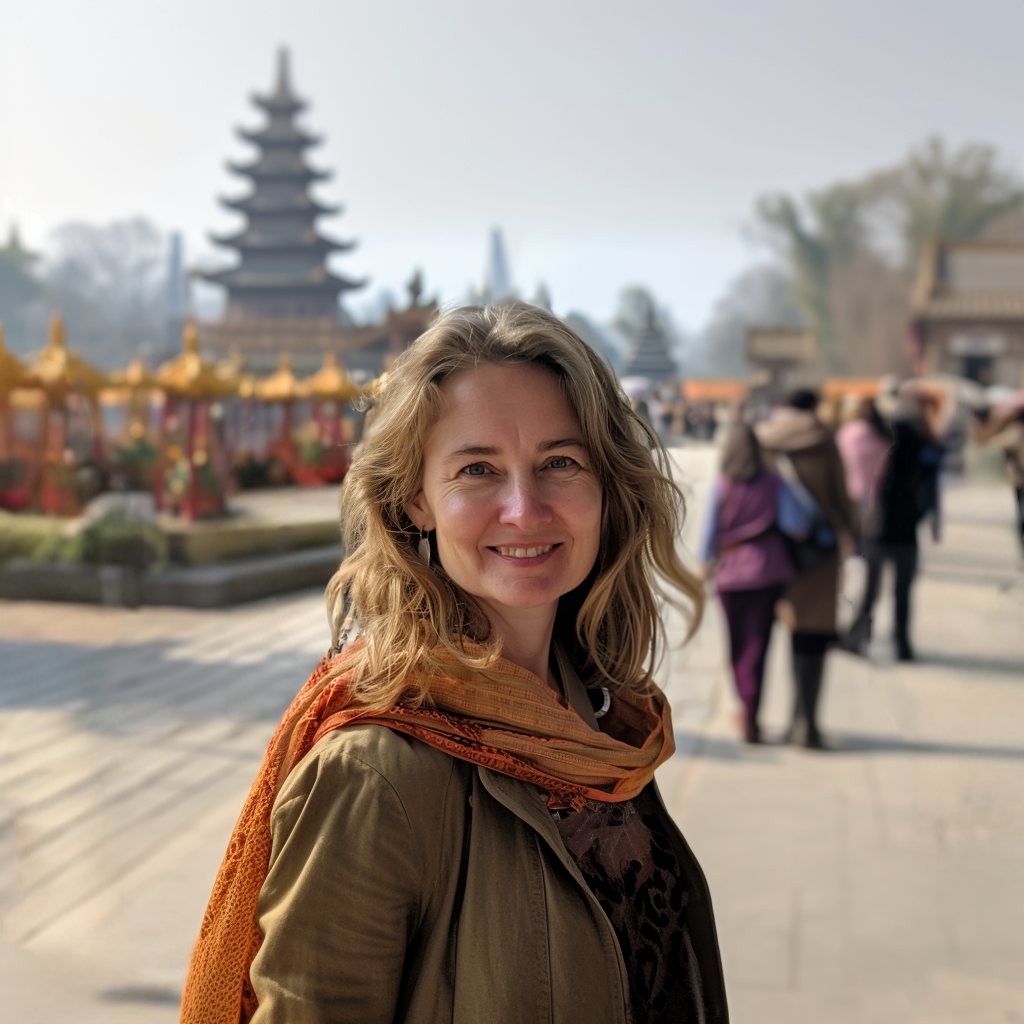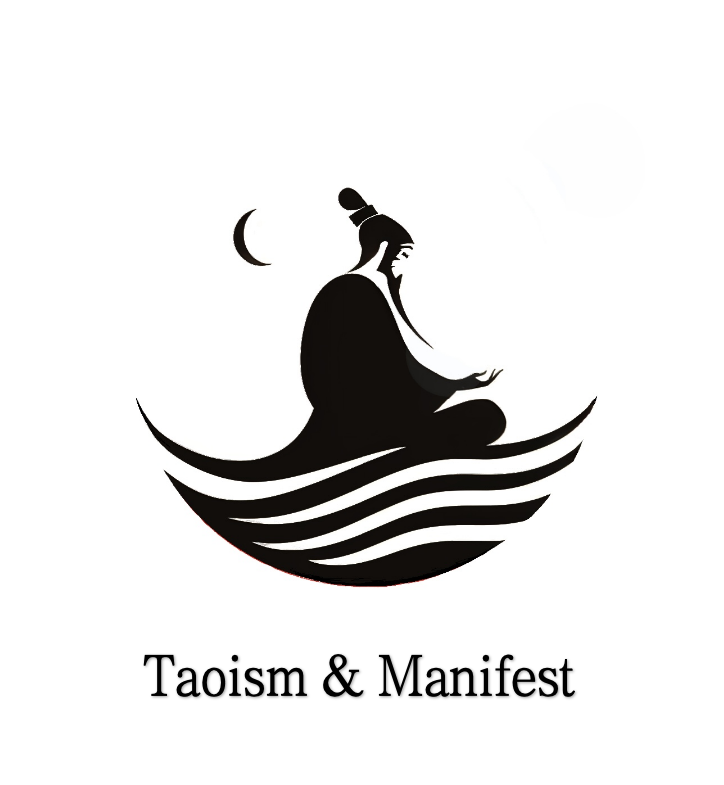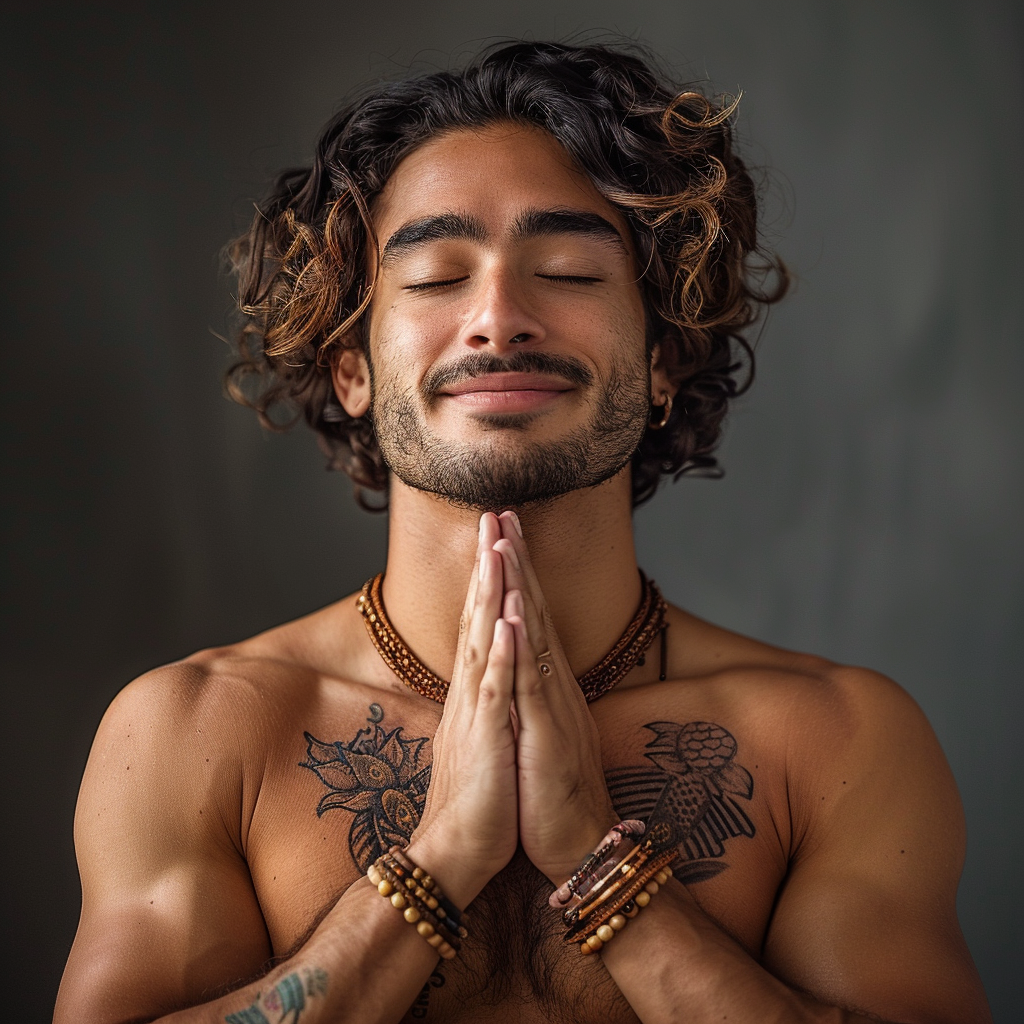Taoism regards the "Tao" as the ultimate belief and goal of practice. This core concept has shaped the development of its doctrines and principles throughout history. Like many religions, Taoism has its beliefs, and the elaboration of these beliefs forms its doctrines. To aid followers in understanding and internalizing these doctrines, concise phrases or sentences, known as teachings, summarize them. These teachings align with the overarching doctrines, providing guidance for daily spiritual practices without conflict.
Key Teachings of Taoism
Taoism primarily advocates the thoughts presented in the Tao Te Ching. Key aspects include:
- Reverence for the Tao and Virtue: Taoists emphasize the importance of respecting the Tao and embodying virtuous behavior.
- Valuing Simplicity: A simple life is seen as essential for spiritual fulfillment.
- Cherishing Life: Life is to be valued and respected in all its forms.
- Guarding the One: Maintaining focus on the Tao is crucial for spiritual alignment.
- Embracing Tranquility and Inaction: Taoism promotes the idea of wu wei, or effortless action, which encourages flowing with the natural order rather than forcing outcomes.
- Practicing Frugality without Contention: A frugal lifestyle is advocated to avoid unnecessary conflict and complications.
Tao is viewed as the essence of the universe, the origin of all things, the law governing all phenomena, and the moral standard for human ethics. The concept of "De" represents the outward manifestation and function of the Tao. Immortals, who ascend by following virtue, transcend both spirit and body, embodying ethical morals beyond worldly concerns. They are seen as both incarnations of the Tao and role models for human morality. Thus, Taoists strive to harmonize with the Tao, aspiring to achieve excellence in both form and spirit to become immortals.
Human Agency and Destiny
A crucial teaching of Taoism is the belief that "Man's fate lies within himself and not in the heavens." This statement implies that one's lifespan and destiny are determined by one's actions rather than external forces. It emphasizes that destiny is not controlled by mysterious powers; rather, individuals have the ability to shape their own fate.
In the context of health and longevity, this philosophy encourages proactive measures. People are motivated to extend their lives through medicinal treatments and qigong practices, focusing on nurturing their health before illness strikes. An ancient saying encapsulates this mindset: "It's better to prevent disaster before it happens than to assist those in distress." This proactive approach not only reflects a fundamental guiding principle of Taoist practice but also empowers individuals to alter their destinies.
Reference
Tao Te Ching - Wikipedia: Tao Te Ching
Laozi - Wikipedia: Laozi
The Concept of Tao and De - Stanford Encyclopedia of Philosophy: Daoism
Taoism and Health Practices - Health and Medicine: Taoism and Health
The Role of Wu Wei in Taoism - Britannica: Wu Wei






